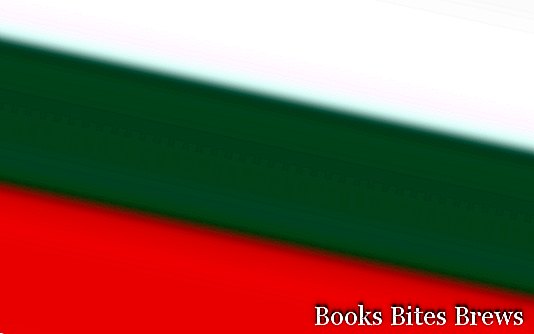Useful information about Bulgaria, including all the useful things to know before leaving for a trip or vacation in this state of Eastern Europe.
Bulgaria in short
- Capital: Sofia (1,481,301 inhabitants ref. First half of 2001)
- Area in sq km: 110,994
- Population: 8,500,000 (first half 2001)
- Religion: Orthodox Christian, with Muslim and Catholic minorities
Where is it
Bulgaria borders Romania to the north, Greece and Turkey to the south, Serbia and Macedonia to the west, and is bathed by the Black Sea to the east.
Since 1990 there has been the transition from the previous popular democracy regime to a pluralistic democracy.
The northern part of the country in the area between the Danube and the Balkan chain is made up of a vast, intensely cultivated flat plateau.
Further south between the southern slope of the Balkans and the Rodope group lies another flat area crossed by the Mariza river.
Rivers
The most important river in Bulgaria is the Danube which marks the border with Romania.
The Iskar river which crosses Sofia and flows into the Danube and the Mariza river which flows into the Aegean Sea should also be highlighted.
Climate
Bulgaria's climate has continental features with harsh winters in the inland and Mediterranean areas on the Black Sea coast.
Population
Population density in Bulgaria is highest in the Sofia region, in the Danube and Mariza valleys and is mostly composed of ethnic Bulgarians.
Time zone
In Bulgaria compared to Italy it is necessary to move the clock forward by one hour (for example if in Italy it is 9 o'clock in Italy it is 10 o'clock), this also applies to summer time because it comes into force as we do.
Spoken language
The official language of Bulgaria is Bulgarian, (written in the Cyrillic alphabet), Russian, German and English are also known.
Recommended readings- Varna (Bulgaria): what to see
- Bulgaria: useful information
- Sofia (Bulgaria): what to see
Economy
Bulgaria's economy responds adequately to the requirements necessary for entry into the European Union, which took place on January 1, 2007.
When to go
It depends on the type of holiday you want to do: cultural, with various shifts, the best months are from May to September; seaside type, the summer months are good on the Black Sea.
In the mountains on the snow, the ideal months are from November to April.
Necessary documents
To enter Bulgaria you need a passport or identity card valid for expatriation.
Italian citizens who stay in the country for less than 90 days do not need an entry visa, over 90 days a visa issued by local authorities is required.
Citizens belonging to the European Union and Switzerland can stay in Bulgaria for up to a maximum of 90 days, within one semester, with only the identity card valid for expatriation.
Phone
The country is covered on the whole territory by the GSM network. To call Bulgaria the number is 00359 followed by the area code without the 0 and the number we want to call.
Electricity
The electric current is 220 volts with two-hole German-type sockets.
Currency
The official currency of Bulgaria is the lev (BGN) divided into stotinki.
How to get
plane
By air with Alitalia or Air Bulgaria, or with buses that depart from various Italian cities.
Automobiles
With the car, a fee must be paid at the border in relation to the length of the route to be made.
To drive in Bulgaria, the Italian driving license and the insurance green card are fine.
Local public transport
It is difficult, for reasons of poor efficiency, to use public service means of transport for travel within the country.




